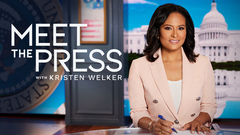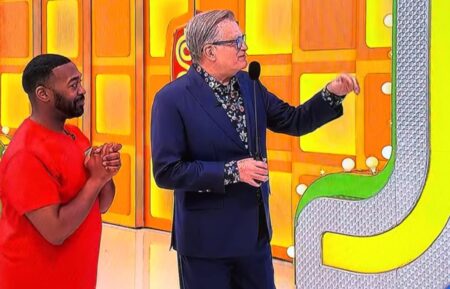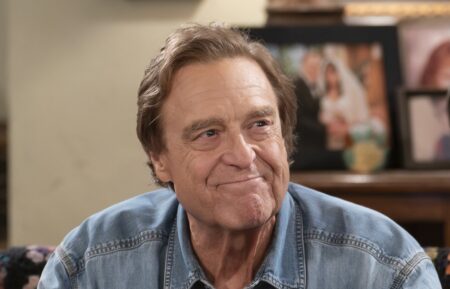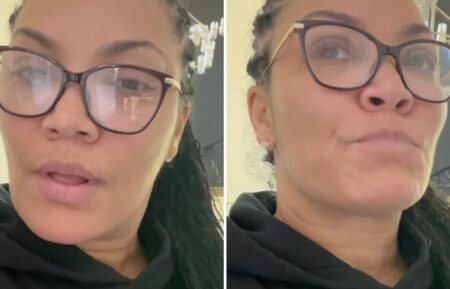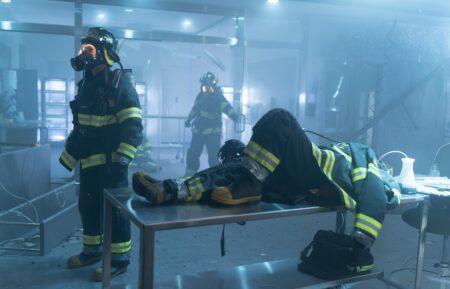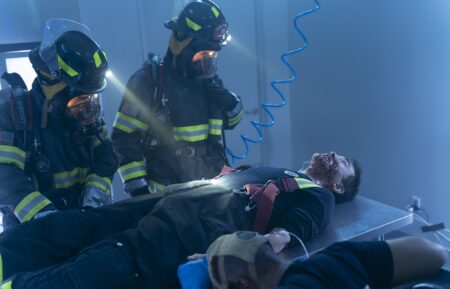David Bianculli: ‘Meet the Press’ Turns 70
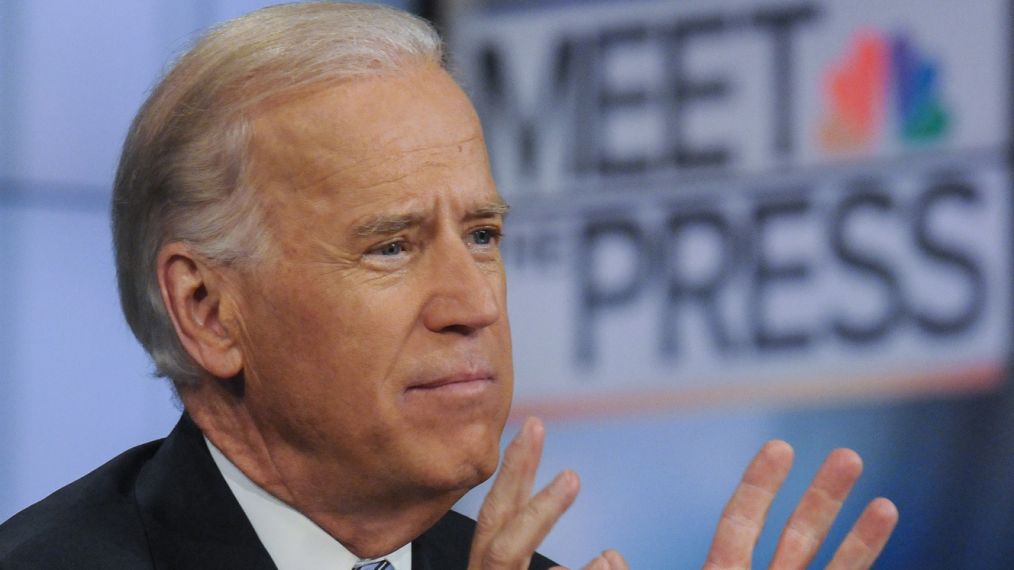
TV shows don’t last for decades—and certainly not for generations—without doing something very right. CBS’s 60 Minutes collects kudos, and rightfully so, for being the longest-running series in primetime. But it’s NBC’s Meet the Press, which made its debut more than 20 years before 60 Minutes, that takes the prize for the longest-running show overall. It’s a well-earned honor: At 70 and counting, the program remains a force and guiding light.
Meet the Press aired its first episode on November 6, 1947. To put that into context, its peers were Kraft Television Theatre—the granddaddy of TV anthology dramas—and Puppet Playhouse Presents, a hit children’s program that was quickly renamed The Howdy Doody Show.
MEET THE PRESS — Pictured: (l-r) U.S. Vice President Mike Pence and Moderator Chuck Todd appears on “Meet the Press” in Washington, D.C., Saturday, February 5, 2017.Those others are long gone, but Meet the Press—featuring interviews with newsmakers as well as analysis from correspondents, journalists and experts—is still kicking. Last season, it was Sunday morning’s most popular public-affairs show (edging out CBS’s Face the Nation, a relative youngster minted in 1954). Under the stewardship of the show’s 12th moderator, Chuck Todd, it’s even spawned a five-day-a-week MSNBC spinoff, MTP Daily, also hosted by Todd.
The key to its staying power? Meet the Press has consistently improved with age, benefiting from increasingly engaged moderators such as Lawrence Spivak (1966–75), Marvin Kalb (1985–87), Chris Wallace (1987–88) and the superb Tim Russert (1991–2008), who set a new bar for holding influential guests accountable, boldly confronting them—using video footage, if necessary—with their past statements and actions.
Russert hired Todd, who took the helm three years ago and brings the same valuable mixture of enthusiasm and knowledge. “The Sunday show, to me, better be able to explain what was happening that week in American politics,” Todd says. At one point he considered reverting to the original format, a sort of “nation’s press conference” where government leaders and such would face a panel of reporters. But upon reviewing old transcripts, he noticed that the journos tended to focus so much on their own “turn” that they didn’t probe deeper into queries posed by colleagues. So Todd carried on doing the interviews himself, often making headlines in the process (think: chats with the likes of then-candidate Donald Trump in 2016 and former CIA Director John Brennan).
It’s a challenging gig, as Todd will be the first to admit. “Sometimes I tell myself, ‘Your title is moderator,’” he says with a chuckle. “‘How are you moderating this, pal?’” The biggest struggle is keeping up with the relentless influx of news—and landing the guests to match. “We do more and more bookings now on Fridays,” he says. “Friday used to be the panic day. Now I start panicking at, like, noon on Saturday. This news cycle never rests.”
Hey, nobody ever said that keeping up an American institution would be easy, but it’s precisely because of our changing times that Meet the Press continues to be so necessary. “These days, everybody knows what happened, and a lot of people know when it happened,” Todd says. “More and more, people turn to us news folks to understand why something happened.” Now that’s what I call must-see TV.
David Bianculli is a TV and film professor at Rowan University, New Jersey, and appears as a critic and guest host on NPR’s Fresh Air With Terry Gross.


